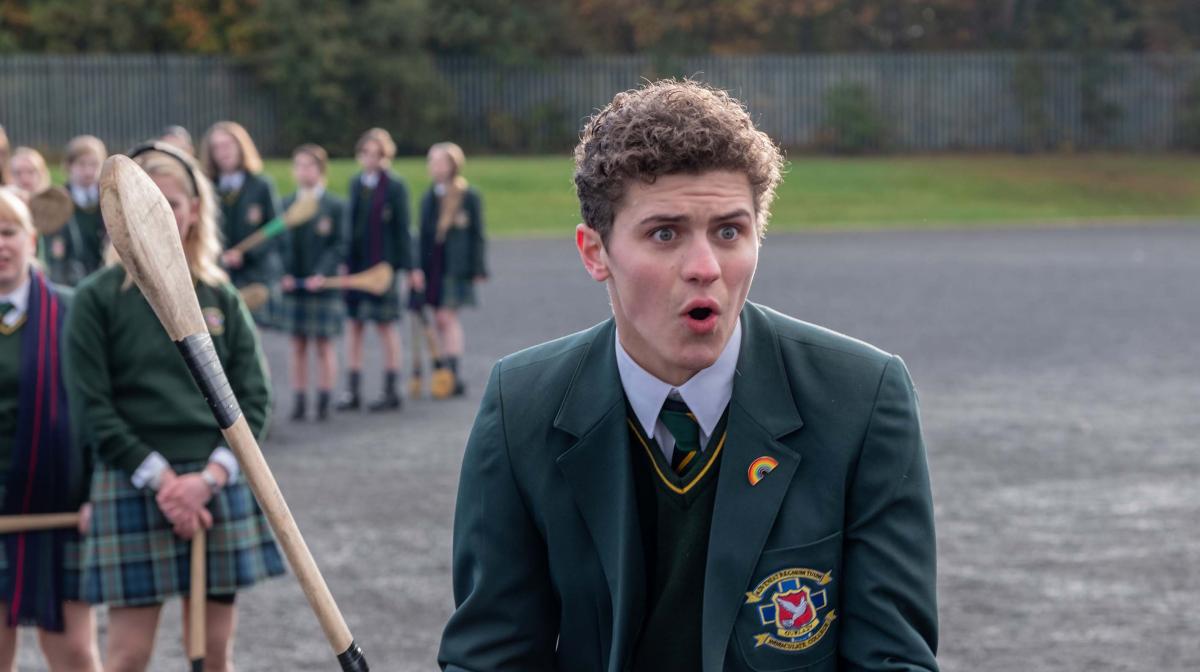Everyone’s birthday seems to be in March, so a weekend in the old place is an annual event. While out for dinner, the waitress asks us to wait a wee minute while she takes our wee order. This is a pet hate of both my aunt and my wife, and we enjoy a session of collective eye-rolling in response. To top that, a few days later comes another sublime episode of Derry Girls, in which the wee English fella James complains that “people here use the word wee to describe things that aren’t even actually that small!”
Maybe it’s just because I’ve been away or maybe it really has become more common. But my subjective, unscientific experience is that “wee” has reached epidemic proportions. It has always been used in its literal sense, and has long been part of the charm of the Ulster dialect. But it is increasingly often being used as a verbal tic, a piece of filler that says less about the text than it does about the subtext.
And the subtext is that Northern Ireland is terrified of causing offence. “Wee” serves as a conspicuous display of cuteness in the hope of appearing non-threatening, and thereby staying safe. It is a tell of collective insecurity, comparable in scope and purpose to the postwar Japanese obsession with kawaii. They even employ the same sounds, the high-pitched front-vowels of tiny animals. Nobody here but us mice.
In the popular imagination, trauma turns ordinary people into either saints or monsters, but these are mutually incompatible myths. Trauma debilitates by inflating everyday uncertainties into existential terrors, razing the open ground so that the inoffensive is prized above the truthful. Northern Ireland people are genuine in their warmth, but this warmth is (perhaps subconsciously) nurtured for fear of what might take its place were it to lapse.
For anyone who has left Northern Ireland, the experience of coming back is always a mixed one. The pace of change, particularly in the Belfast skyline, gives one hope. But there is always that old familiar feeling of walking on eggshells in public, of heightened peripheral awareness. It doesn’t overwhelm but is constantly present, like a piece of grit in the shoe.
Wee Northern Ireland remains a place ill at ease with itself. Maybe this is the natural state of a polity whose very existence is infused with trauma. But some days I fear it is the voice of Cassandra, crying doom at the oblivious.
Andrew is a native Ulsterman and adopted Galwegian. An IT manager by day and political hack by night, he has also been known to dabble in fundamental physics and musical theatre.
Discover more from Slugger O'Toole
Subscribe to get the latest posts to your email.
